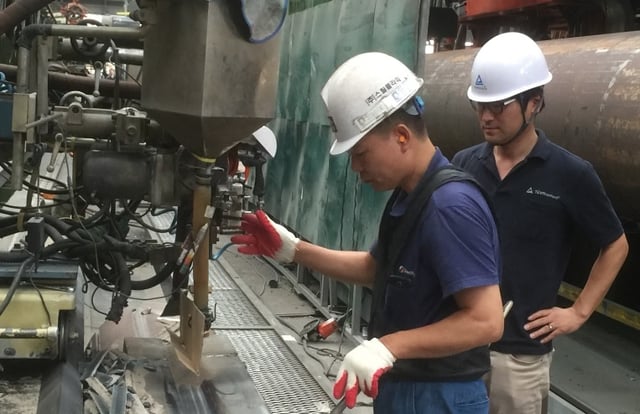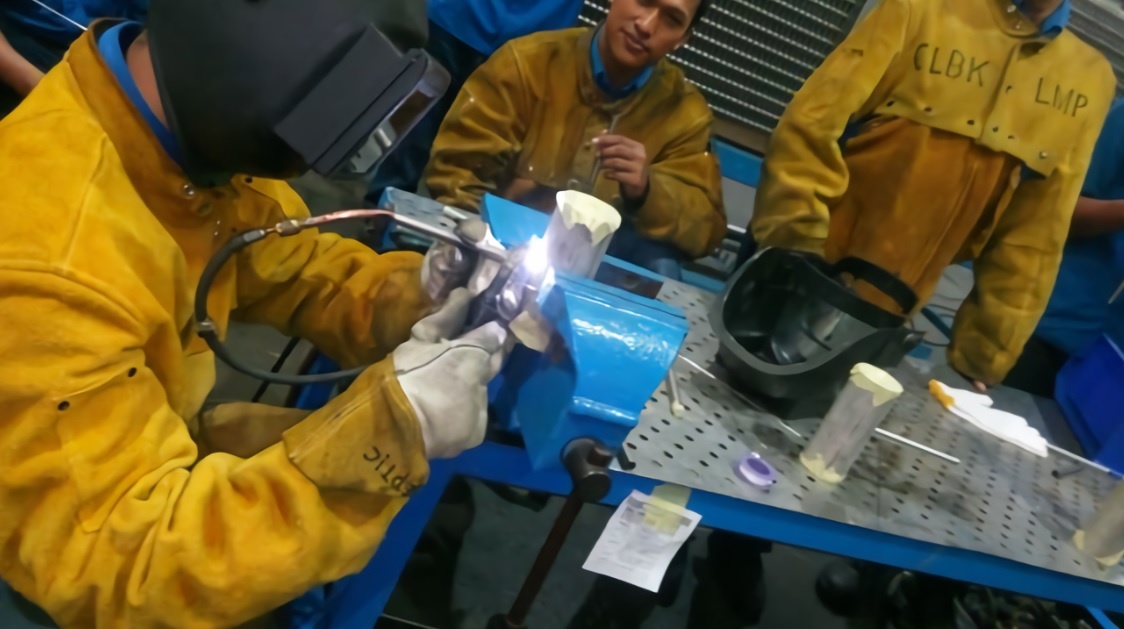Pressure Equipment and Plant Audit and Inspection

Companies can’t afford to take chances with pressure equipment. Audits, conducted according to the Pressure Equipment Directive (PED 2014/68/EU), Transportable Pressure Equipment Directive (TPED 2010/35/EU), Construction Products Regulation (CPR EU No 305/2011) for CE Mark and inspections according to European Standards (EN) and American Society of Mechanical Engineers (ASME) can help. They ensure that product and quality management systems are compliant with applied regulations, standards, and existing systems as well as the end user’s requirements.
These audits and inspections are applicable for vessels, piping systems, pressure equipment such as valves, safety equipment and safety devices. Mandatory licenses and ample knowledge of related regulations and standards are required when performing them.
Basic Processes and Challenges
The basic process includes checking client requirements and obtaining an application for the type of audit or inspection. Then reviewing the client information and performing the audit/inspection. Ensuring that the quality management system is running well is a major audit challenge. Clients are advised to
hold regular training for employees while continuously addressing past audit findings and minimising potential future risks.
Lack of space is also a common problem, ensuring the factory layout is well configured and provides ample space can help.
Welding Procedure Inspection and Welding Procedure Qualification

Helping customers ensure their products are compliant with international standards is the main objective of the review of Welding Procedure Specification (WPS) and the Welding Procedure Qualification. Both inspections are applicable to the oil and gas, power plants, cosmetic industrials and related industries, ensuring that the Inspection Test Plan is performed by the fabricator.
Basic Processes and Challenges
WPS is performed to warrant that the welding product is compliant with the requirements of the customer and international standards.
During one of the audits, the client did not follow the Inspection Test Plan and the requirements of the standards, which caused a delay. It also posed a challenge for the auditors because vital steps were missed. Welding Procedure Qualification is performed to ensure the welding product is compliant with the specified European Standards and the role of the inspector is to make sure that the fabricator fulfilled the standards requirements.
Also, when the results of mechanical tests performed by internationally accredited laboratories aren’t available during the inspection, this delays the process.
Meeting client requirements and satisfaction is top priority in every audit and inspection TÜV Rheinland
conducts. Experts are trained to have a holistic knowledge of requirements of the standards they audit
and the essential competence to successfully carry out the technical processes.
Find out more about the latest trending topics in the industry our quarterly customer newsletter tuv.communication:



